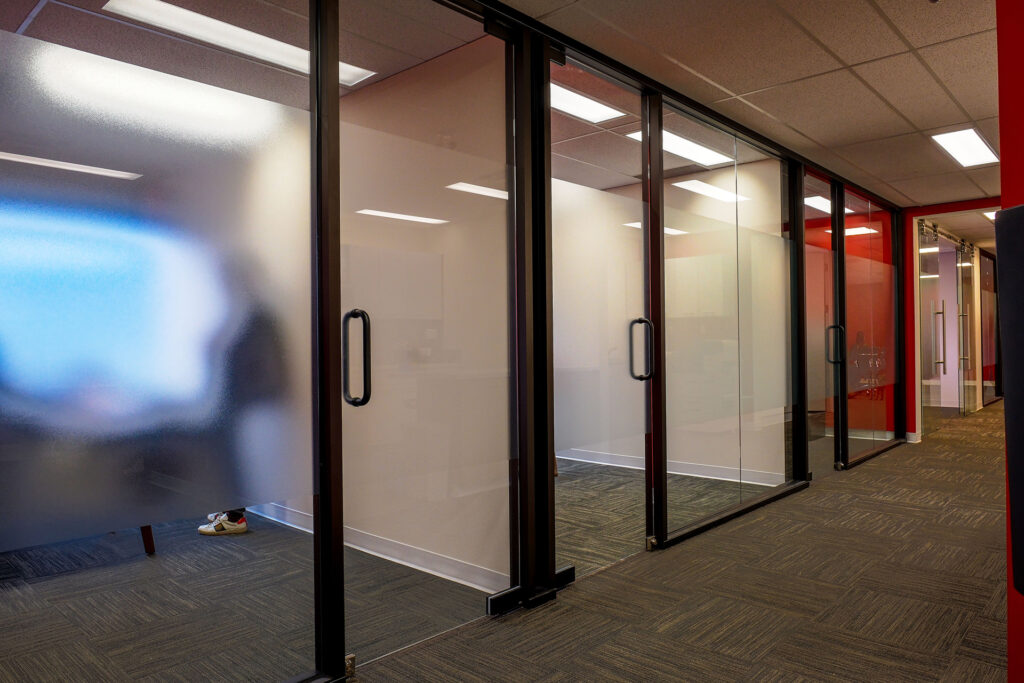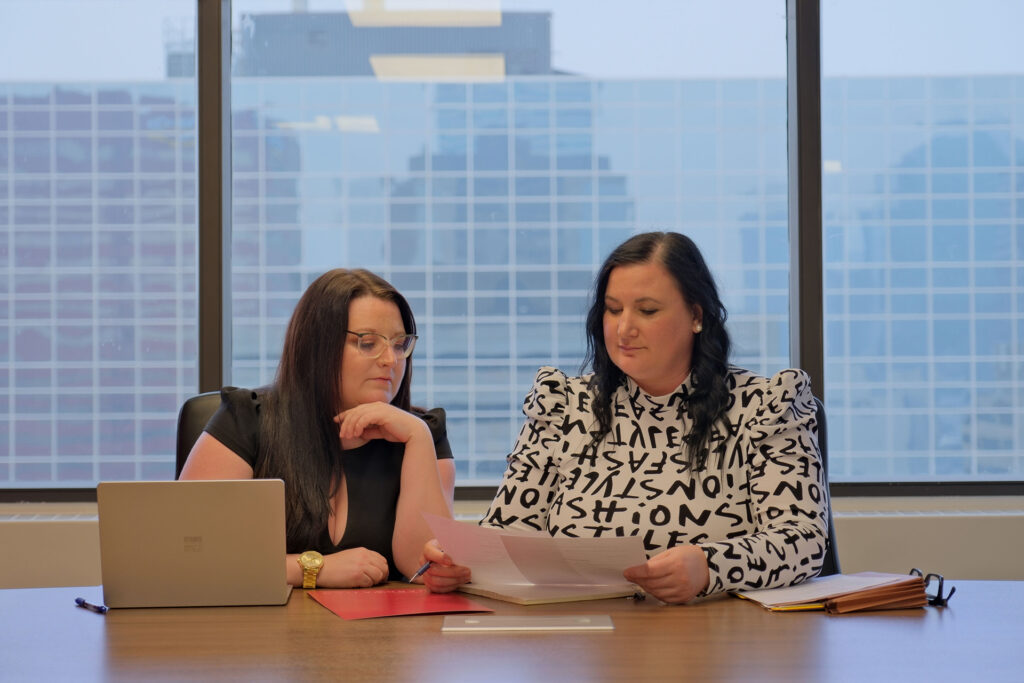Practice Areas
Speak with a Wills and Estate Lawyer in Edmonton
Creating a will or full estate plan doesn’t have to be overwhelming. Bhardwaj+Co’s wills and estates lawyers in Edmonton, Alberta, help you protect your property, estate assets, and loved ones with clear, practical estate planning.
We draft Wills and Living Wills, prepare Powers of Attorney and Personal Directives, advise executors and trustees, and guide you through the probate process. We will safeguard your estate, your family, and your legal rights.
Book a Consultation with an Experienced Will Lawyer in Edmonton
LET’S TALK SOLUTIONS: (780) 986-3487
Lawyers That Do Wills Near You in Edmonton
Our wills and estates lawyers use their legal expertise to make sure your Last Will and Powers of Attorney truly reflect your wishes and protect the people you love.
Comprehensive Estate Planning
Our lawyers sit down with you to build a complete estate plan. We talk through your family, your home, your savings, and any RRSPs or other estate assets, and help you put a succession plan in writing so everyone knows what should happen when the time comes.
Drafting Wills Tailored to Your Needs
We prepare a Will that is easy to understand and legally valid in Canada. We make sure your testamentary capacity is documented, your beneficiaries are clearly named, and your family home, keepsakes, and digital assets are all covered so nothing important is left out.
Creating Trusts and Extra Protection
For some families, we may suggest trust creation, such as simple Family Trusts or a trust fund for children or grandchildren. We explain how this works, the basic tax implications under Canadian law, and how a trust can help protect your estate long after you’re gone.
Structuring a Complete Estate Plan
We help you combine your Will, Power of Attorney, and personal planning documents into one clear package so your executor and estate trustees have straightforward instructions and fewer legal issues to sort out.
Personal Directives and Powers of Attorney
We help you prepare advance care directives so your medical wishes and health care options are respected. We also draft Powers of Attorney so someone you trust can handle bills, banking, and other financial matters if you can’t manage them yourself.
Support for Executors and Personal Representatives
If you have named a family member as executor or personal representative, we can guide them through their duties when the time comes. We explain the legal process in simple language, help with key forms, and provide legal assistance if questions or disputes arise.
Probate and the Transfer of Assets
Our lawyers help with the probate process so your Will is accepted by the court and your wishes can be carried out. We offer practical legal solutions for transferring property, bank accounts, and other assets, always keeping an eye on timing, costs, and tax implications with the Canada Revenue Agency in mind.
Start Your Estate Planning Journey Today
Take the first step toward protecting your assets and securing your legacy. Our experienced wills and estates lawyers in Edmonton are here to guide you with clear advice, personalized service, and trusted legal support.
LET’S TALK SOLUTIONS: (780) 986-3487
Talk with an Experienced Wills and Estates Lawyer in Edmonton
Call us at (780) 986-3487 and discover how our law firm can help you. Our goal is to give you calm, clear legal consultation so your planning feels manageable—and your family knows you’ve taken care of things with care and foresight.

Helping you plan for the future.
Planning ahead will ensure your loved ones are taken care of and that your wishes are met.



Client Testimonials
Based on 159 reviewsPosted on Google
Get in Touch
Get in TouchHours
Monday: 9:00 AM - 5:00 PM
Tuesday: 9:00 AM - 5:00 PM
Wednesday: 9:00 AM - 5:00 PM
Thursday: 9:00 AM - 5:00 PM
Friday: 9:00 AM - 5:00 PM
Saturday: Closed
Sunday: Closed
*Closed on Statutory Holidays
Monday: 9:00 AM - 3:30 PM
Tuesday: 9:00 AM - 3:30 PM
Wednesday: 9:00 AM - 3:30 PM
Thursday: 9:00 AM - 3:30 PM
Friday: 9:00 AM - 3:30 PM
Saturday: Closed
Sunday: Closed
*Closed on Statutory Holidays
- Beaumont
- Bon Accord
- Calmar
- Devon
- Edmonton
- Fort Saskatchewan
- Gibbons
- Lacombe
- Leduc
- Morinville
- Spruce Grove
- St. Albert
- Stony Plain
- Strathcona County
- Sturgeon County
- Thorsby
- Warburg
- Toefield
- Wetaskiwin
Don't see your location here? Call us at (780) 222-2386 or contact us to find out if we can service your area!
Bhardwaj+Co – Expert Wills and Estate Lawyers in Edmonton, Alberta
What Is a Will?
A Will is a legal document that explains what should happen to your property, money, and personal belongings after you pass away. It can also name an executor to manage your estate and, if applicable, a guardian for minor children.
How to Write a Will?
To write a Will, you list your assets, choose your beneficiaries, appoint an executor, and clearly state how you want everything distributed. In Alberta, it must meet formal requirements (like proper signing and witnessing), so many people work with a wills and estates lawyer to ensure it’s valid and easy to carry out.
What Is a Power of Attorney?
A Power of Attorney is a legal document that lets you appoint someone you trust to make financial and property decisions on your behalf if you are unable to do so. It can take effect immediately or only if you lose capacity, depending on how it is drafted.
What Is a Trustee?
A trustee is a person or institution appointed to manage money or property held in a trust for someone else’s benefit. Their job is to follow the trust instructions, act in the beneficiaries’ best interests, and keep proper records.
What Is a Will and Testament Executor?
An executor (or personal representative) is the person named in your Will to carry out your final wishes. They handle tasks like gathering assets, paying debts and taxes, working through probate if needed, and distributing what’s left to your beneficiaries according to your Will.






